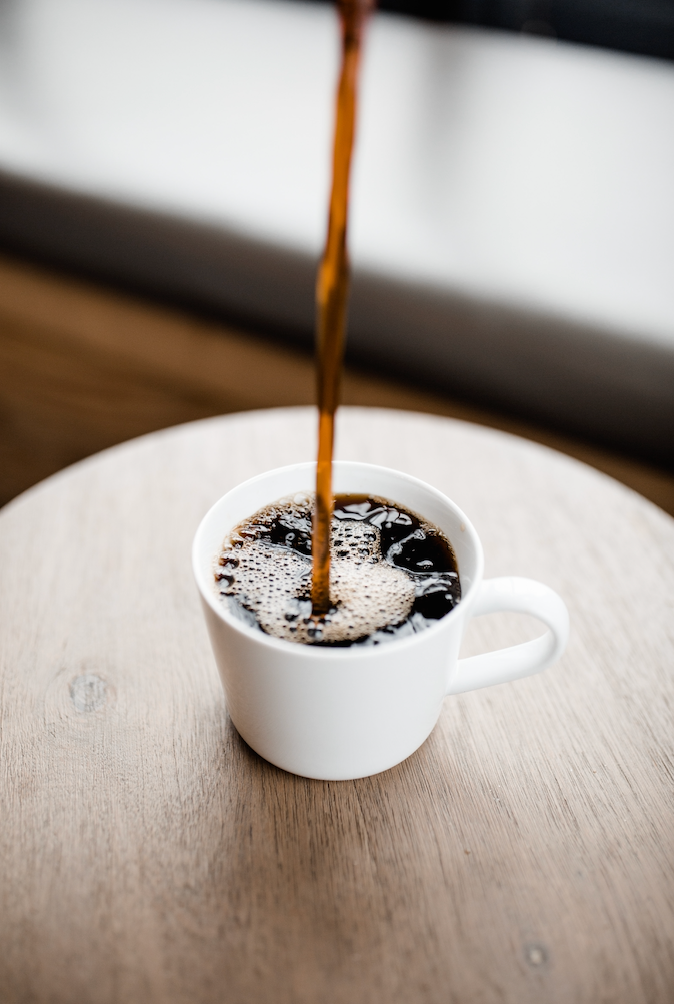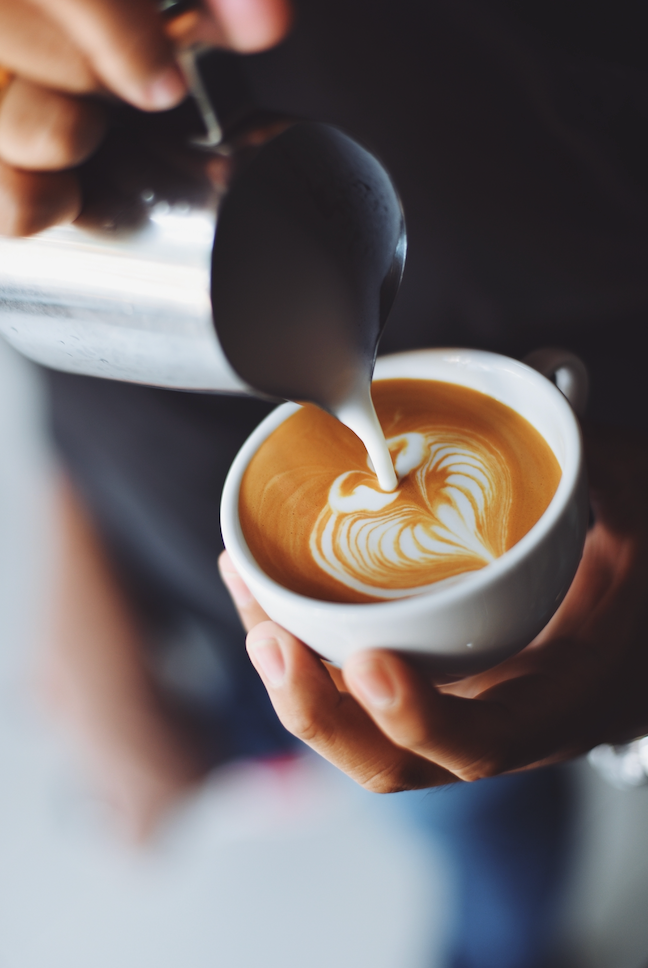
How does caffeine affect our sleep?
Tea and coffee are instilled in British culture. Whether it’s popping the kettle on when you arrive at work or visiting a friend for a chinwag - no time is a bad time for a cuppa. Truthfully, the majority of us would struggle to function if it were not for our morning teas and coffees. We wake up feeling slightly groggy and routinely reach for the kettle or coffee machine as the first step of the day ahead. Many of us will consume two, four or even more cups of tea and coffee a day, to keep us energised and proactive, but how does caffeine actually work, and how does it affect our sleep patterns?
For a snapshot into the science behind it; Adenosine is a sleep-promoting chemical 1 which
sends signals from our brains to our bodies to tell us to slow down and relax as we get closer
to tiredness. Caffeine essentially stops that process from happening. Adenosine builds up
the longer we are awake, hence making us sleepy. So when caffeine blocks this, we are able
to stay alert and vigilant.
Research 2 shows that for most individuals, caffeine reaches its maximum effectiveness
during the 30 - 60 minute mark after consumption. Once you take your first gulp of morning
coffee, the caffeine is pulled into the bloodstream, passed through the liver and distributed
throughout the body, giving us that get up and go feeling we all crave! Healthline 3 highlights
that caffeine will last for five or more hours in our system, so be mindful to not over
consume when you go to grab another cup after lunchtime.
Although caffeinated drinks are both delicious and convenient to give us that little boost we
need to get through the next meeting, it can have a negative effect on our sleep patterns
and quality. Our internal clock, also known as our cardiac rhythm, can fall victim to the bad
side of caffeine. Drinking caffeine can mess with our cardiac rhythm and disrupt our wake-
sleep cycle, causing us to have difficulties falling asleep and disturbing our sleep all together,
with some more serious cases resulting in what is known as a caffeine-induced sleep disorder.
Even though caffeine can help boost performance, it should not be used as a substitute for a
bad night's sleep. In order to avoid a disturbed sleep caused by caffeine, The Sleep
Foundation recommends that cut-off time for caffeine use is a minimum of six hours before bedtime.
Ironically, the reason we drink caffeinated drinks is to stay awake, so if they are the reason
for our tiredness, then it would seem obvious to break the vicious cycle all together?
Withdrawing from caffeine can have amazing benefits, but also come with some side effects
including headaches, drowsiness and fatigue. Instead of going cold turkey, Healthline
recommended that the best way to cut out caffeine is to decrease the amount you consume
every day. Next time you need a kick, try swapping your tea or coffee for a green tea or hot
lemon and honey before bed to ensure a restful night's sleep.
1 The energy hypothesis of sleep revisited (Science Direct, 2008)
2 Effects of caffeine on sleep quality and daytime functioning (NCBI, 2018)
3 How Long Does Caffeine Stay in Your System? (Healthline, 2018)
4 How Does Caffeine Really Affect Sleep? (The Sleep Judge, 2020)


























